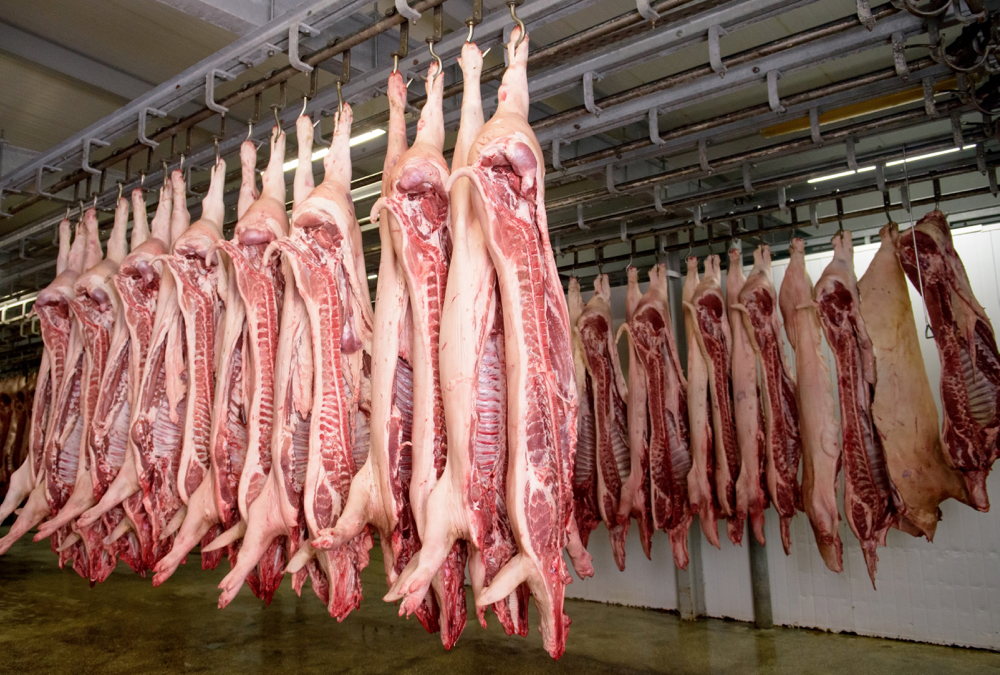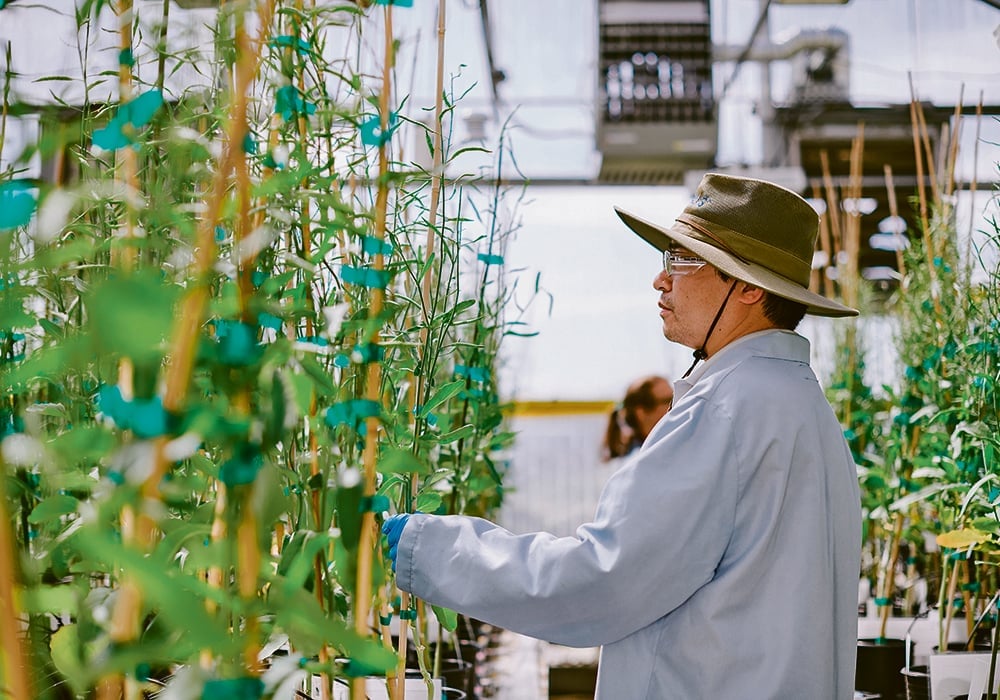Product of USA meat labelling rule finalized

Washington | Reuters — The administration of U.S. President Joe Biden finalized a rule March 11 requiring meat, poultry, or eggs labeled as a U.S. product to come from animals born, raised, slaughtered, and processed in the country.
Read Also

EU loosens rules for new genomic techniques
Glacier FarmMedia – A European Parliament decision last month to adopt new rules for what it calls new genomic techniques…
The rule, proposed last March, is a victory for U.S. ranchers who argued for years that use of the voluntary label by companies who raised animals abroad and only slaughtered or processed them in the U.S. was misleading and disadvantaged domestic producers.
“This final rule will ensure that when consumers see ‘Product of USA’ they can trust the authenticity of that label and know that every step involved, from birth to processing, was done here in America,” said Agriculture Secretary Tom Vilsack in a statement.
Vilsack announced the final rule to cheers at the annual meeting of the National Farmers Union in Scottsdale, Arizona.
“The abuse of the ‘Product of U.S.A.’ label stripped America’s cattle producers of a vital opportunity to market their USA beef while denying consumers the opportunity to support them,” said Joe Maxwell, co-founder of the farm group Farm Action, in a statement.
Producers using “Product of USA” or “Made in the USA” labels will need to comply with the rule by Jan. 1, 2026.
Canadian concerns
The Canadian meat sector has been concerned about the change in labeling practice could have on meat and live animal exports to the U.S.
The Canadian government said that country of origin labeling would run contrary to shared goals of reducing inflation, improving food security and building resilient supply chains, it said in a submission during consultations on the U.S.’s country of origin labeling rules.
Canada has argued that supply chains operating under the proposed rules will have to segregate Canadian and U.S. animals and products. This would be costly and inefficient and discourage companies from using Canadian inputs.
A similar rationale led to the downfall of vCOOL’s mandatory predecessor, struck down in 2015 following a World Trade Organization challenge that ruled in favour of the complainants, Canada and Mexico.
The new proposed rule could also harm U.S. producers, the Canadian government said.
“For example, in recent years, there has been an increase in live cattle exports from the United States to Canada due to feedlot capacity expansion in Canada, higher processing volumes, and strong demand for beef,” the submission read.
“Under the new proposed rule, if an American rancher sends an animal to a Canadian feedlot, by virtue of availability, proximity, or economics, that is then sent back to the U.S. for slaughter and processing, that product would no longer be allowed to bear a ‘Product of USA’ claim.”
Response to the final rule
In a statement following the announcement of the final rule on “Product of USA” voluntary labelling regulations for meat, poultry and egg products, Canada’s Minister of Agriculture and Agri-Food Lawrence MacAulay and Minister of Export Promotion, International Trade and Economic Development Mary Ng, said the following:
“The meat and livestock sectors in Canada and the United States work closely together, supporting food security as well as local and regional food systems. Our indispensable relationship allows producers, processors and consumers on both sides of the border to benefit from efficient, stable and competitive markets, while ensuring a reliable supply of high-quality products.
“Canada remains concerned about any measures that may cause disruptions to the highly integrated North American meat and livestock supply chains.
“We are disappointed that the final rule does not appear to take into account the concerns we have continually brought forward related to our unique and important trading relationship. Canada intends to raise this during the agriculture ministers trilateral meeting with United States and Mexico scheduled to take place in Colorado later this month.
“We are reviewing the final rule carefully and will closely monitor its impacts and implementation, including in light of the U.S.’ international trade obligations, to ensure our meat sector can continue to enjoy predictable and unhindered access to the United States market.”
–With files from the Glacier FarmMedia network.
Source: Farmtario.com

